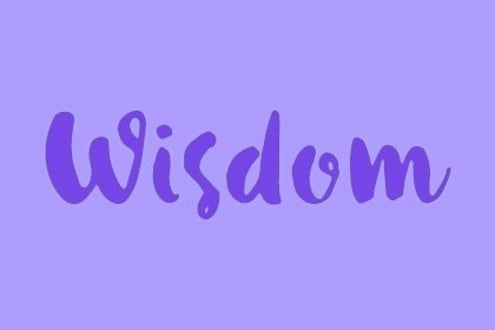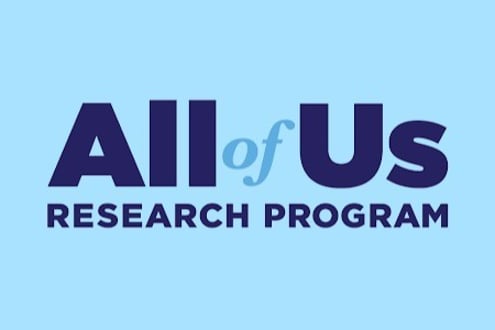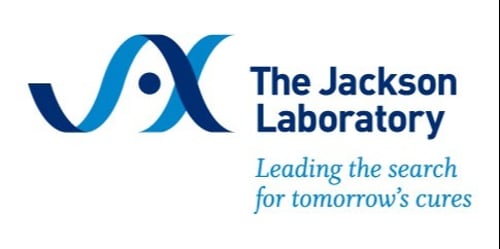Signs of an Inherited Mutation
Signs of an in a Cancer Gene
If you or a relative have been diagnosed with cancer, it may be due to an . Signs of an or include the following:
You have a blood relative who has tested positive for an inherited gene mutation linked to cancer.
OR
You or any of your family members have had:
- Pancreatic, ovarian, , primary peritoneal or male breast cancer at any age.
- Breast, colorectal or endometrial cancer at age 50 or younger.
- Two separate cancer diagnoses.
- A type of breast cancer called “” at any age.
- cancer at age 55 or younger or cancer.
- Colorectal cancer at any age with tumor testing that shows () or other tumor test results that are suggestive of .
- Endometrial cancer at any age with tumor testing that shows () or other tumor test results that are suggestive of .
- More than 10 colon .
- Rare or young-onset cancers.
- Tumor testing that shows a mutation in a gene associated with .
- Eastern European Jewish ancestry and breast, ovarian or pancreatic cancer at any age.
OR
More than one family member on the same side of your family has had a combination of the following cancers:
- Breast cancer
- Ovarian, or primary peritoneal cancer
- cancer
- Pancreatic cancer
- Melanoma
- Colorectal cancer
- Endometrial cancer
- Stomach cancer
- Rare or young-onset cancers
This is not a complete list; other cancers may be hereditary too. If you would like to learn if the cancer in your family is hereditary, it is important to speak with a genetics expert.
More Information on Genes and Cancer
Inherited Mutations and Hereditary Cancers
Learn about the connection between inherited gene mutations and hereditary cancer risk.
How Mutations are Inherited
Learn about how inherited cancer risk are passed on from generation to generation.
Participate in Genetics Research
Below are some of our featured research studies looking at genetic testing. To search for additional studies, visit our Search and Enroll Tool.


